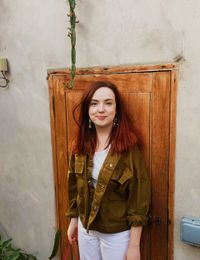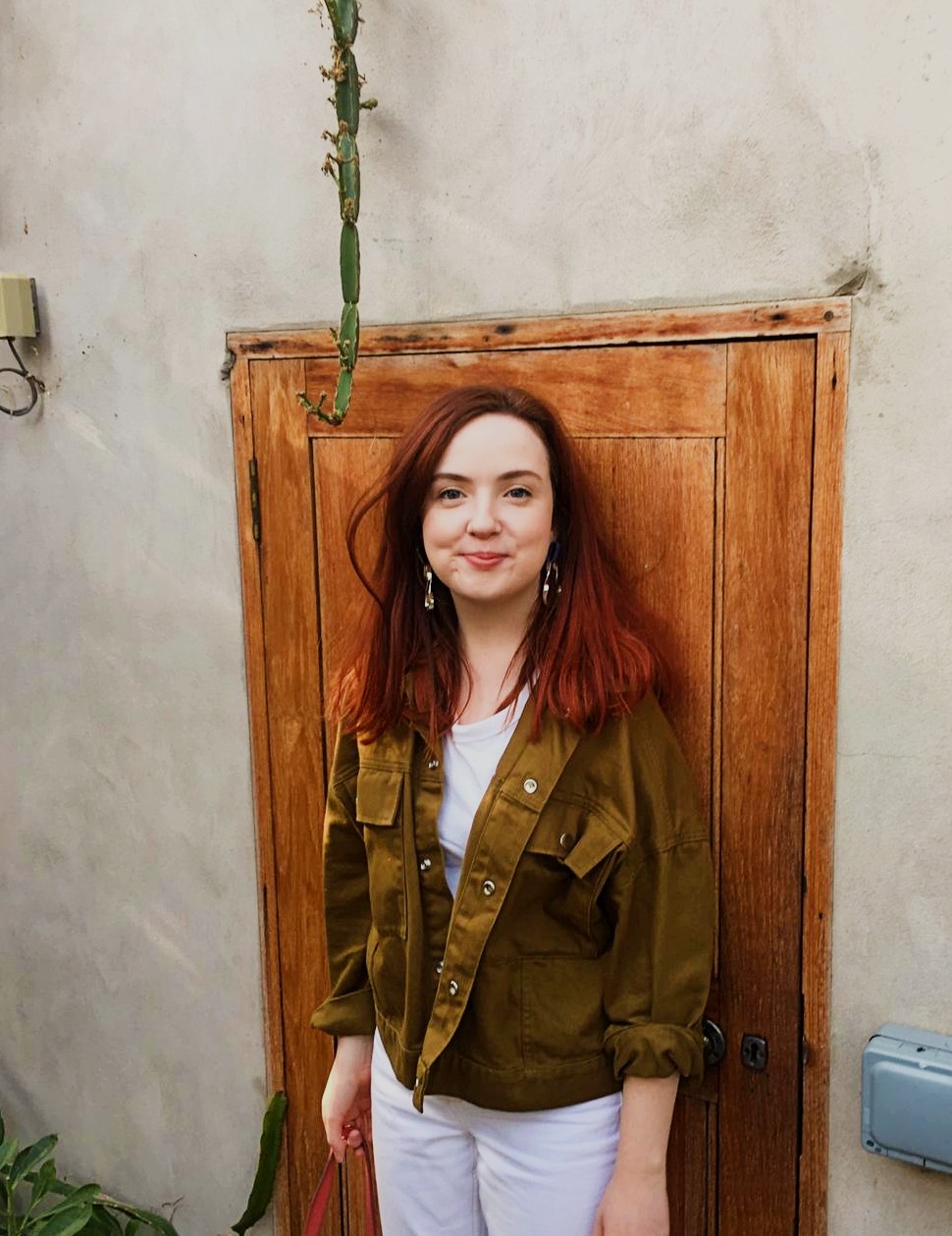Help for Heroes is helping wounded veterans like Clare live life beyond injury. Read her moving story here.
“Help for Heroes’ support has opened my eyes to things I once thought impossible.”
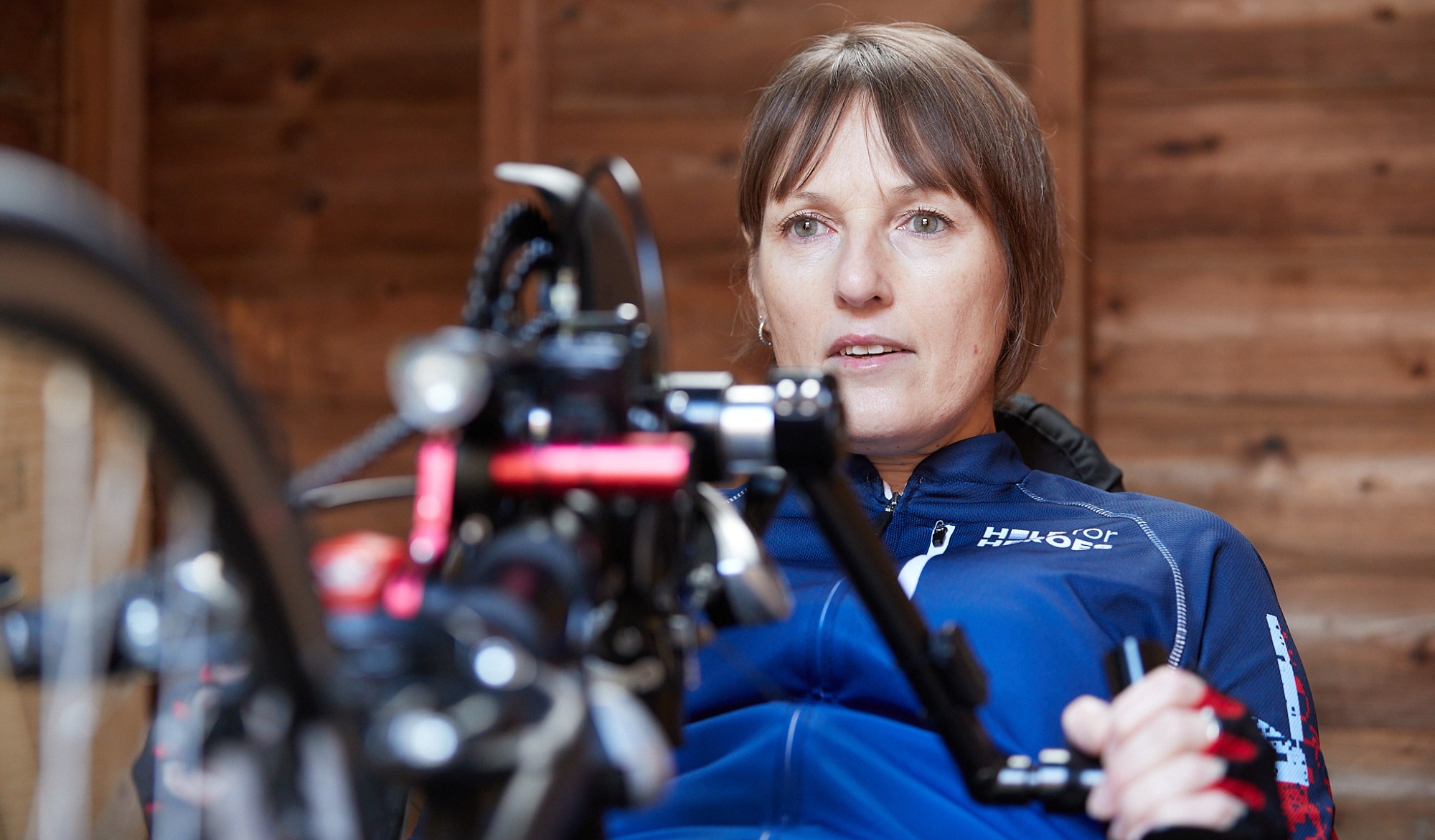
“Help for Heroes’ support has opened my eyes to things I once thought impossible.”
Clare had always dreamed of a career in nursing. “So training as a Combat Medical Technician with the Royal Army Medical Corps (RAMC) just felt right,” she says.
From her first day on the job, Clare threw herself into the role – approaching every experience with grit and resolve. “I loved army life. As well as the medical side of things, I also took part in a lot of sport – and frequently represented the RAMC and our Unit.”
But years after leaving the Army, a harrowing experience returned to haunt Clare and she was eventually diagnosed with PTSD. Around the same time, her physical health also began to falter. Suffering with a string of unexplained, debilitating symptoms, the former Combat Medical Technician was diagnosed with Behçet’s Disease – meaning she was no longer able to enjoy the active, sporty life she once loved.
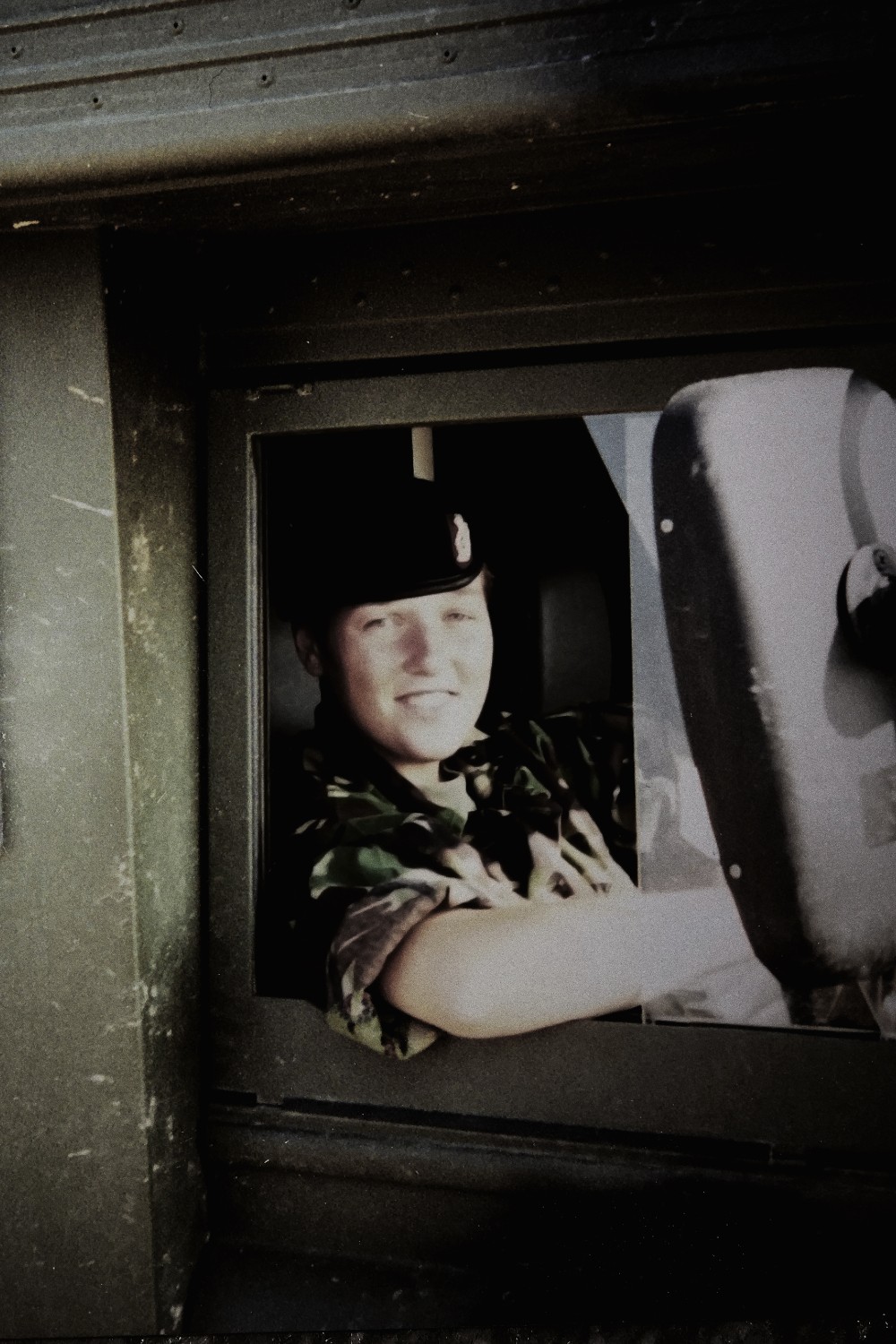
So she reached out to Help for Heroes. Here’s how the crucial work of the charity’s Recovery and Hidden Wounds teams continue to help Clare overcome the unimaginable.
‘I genuinely cannot stress how powerful Help for Heroes' support has been in my recovery’
“In 1999, I was deployed to Kosovo,” says Clare. “Alongside working in the field hospital, I was also part of a team tasked with moving bodies from shallow mass graves to be re-interred. At the time, I just got on with it and took it as part of being my job. But three years later, after I’d left the Army and when my daughter was born, I started to frequently suffer nightmares and flashbacks.”
“My nightmares are always the same. One of the bodies I unearthed was a young woman with a baby cradled in her arms. I always see her face; she was covered in bullet holes. I also suffer flashbacks, which are set off by sudden, loud noises or certain smells.”
Initially, Clare’s GP diagnosed her symptoms as depression, but the medication didn’t help. Then one day she stumbled across an article about Post-Traumatic Stress Disorder (PTSD). “After 18 years of nightmares, everything finally made sense,” she says. “It was then I reached out to Help for Heroes.”
Referred to the charity’s Hidden Wounds Service, Clare received counselling sessions to support her through her PTSD. “These helped me develop techniques, such as breathing exercises, to help me manage the nightmares and flashbacks. I still use the counselling support today, which has been a godsend during lockdown,” she says.
Help for Heroes’ Sports Recovery Team also helped Clare deal with the debilitating symptoms of Behçet’s Disease – a rare chronic auto-inflammatory condition that affects the blood vessels. Symptoms include recurrent mouth ulcers, eye inflammation, joint pain, skin lesions, migraines, bowel problems and chronic fatigue.
“It took around four years to diagnose and has had a huge impact on my life,” says Clare. “My mobility is severely affected, so I rely on crutches and a wheelchair. On bad days, I struggle to carry out normal daily tasks – even making a cup of tea uses all my energy. My mental health has also suffered. Before becoming poorly, I loved running, but the pain means I struggle to walk, let alone run.”
Medication now manages Clare’s symptoms, but due to nerve damage, she’ll have to deal with chronic pain for the rest of her life.
“Whilst navigating Behçet’s , the Sports Recovery Team at Help for Heroes introduced me to adaptive sport; from kayaking to archery and handcycling. Taking part in sports again really help both my mental and physical wellbeing.”
Help for Heroes also funded Clare’s archery kit, and though practice has temporarily been put on hold due to lockdown, she’s got plenty of handcycling practice to keep her busy in the meantime. “I set up my bike in the back garden on a training roller and took on a challenge to handcycle 226 miles over 13 weeks, raising money for Behçet’s U.K. 14 weeks later I’d reached 1000 miles,” she says.
“Help for Heroes’ support has opened my eyes to things I once thought impossible. Participating in sport not only makes me feel physically better, it has also become medicine for both my PTSD and Behçet’s symptoms. Having Hidden Wounds on hand to talk to is also a great help, as although I can speak to my family, it helps to talk to those with a shared experience,” says Clare.
“I genuinely cannot stress how powerful Help for Heroes' support has been in my recovery – even my family say how nice it is to have me back again… the old me.”
‘The past few years have been tough, but they’ve made our family closer’
Help for Heroes’ work goes far beyond supporting the individual through life after injury – it’s a vital resource for families, too.
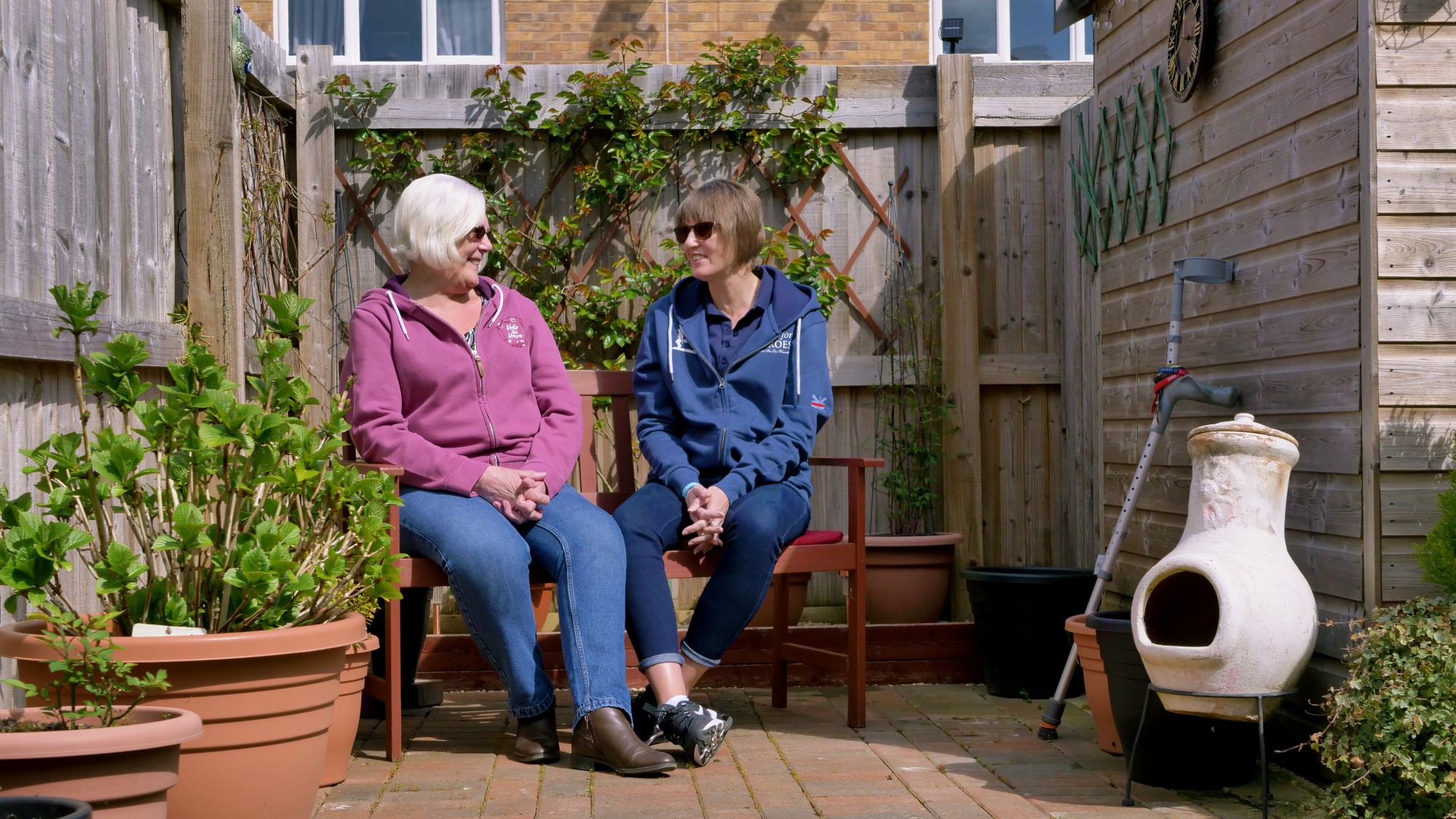
Clare’s mother Sandra hadn’t known that her daughter was dealing with nightmares and flashbacks until she was diagnosed with PTSD. “When she came home from Kosovo, Clare explained that she couldn’t talk about it much. But after a little while, she did mention there were certain events she’d found upsetting. Only once did she mention a nightmare, but never said anything else after that,” says Sandra. “It was upsetting to know she’d suffered in silence for 18 years.”
Sandra had, however, witnessed her daughter debilitated by pain that doctors couldn’t diagnose.
“A few years before being diagnosed with PTSD, Clare also started complaining about stomach problems. Then she started to experience pain in her joints, ulcers, sickness and fatigue – some days she couldn’t even get out of bed.
“When she was finally diagnosed with Behçet’s Disease, it was such a relief to know there were professionals who understood her condition and could treat her properly.”
Even though she’s now receiving the treatment to suppress her immune system, Sandra says that Clare is still dealing with relapses. “She’s slowly learning ways to pace herself and manage the bad days, which is tough as she likes sticking to a routine. There’ll be times I’m talking to her, and she’s suddenly asleep.”
But since Clare reached out to Help for Heroes, Sandra has seen her daughter’s life turned around.
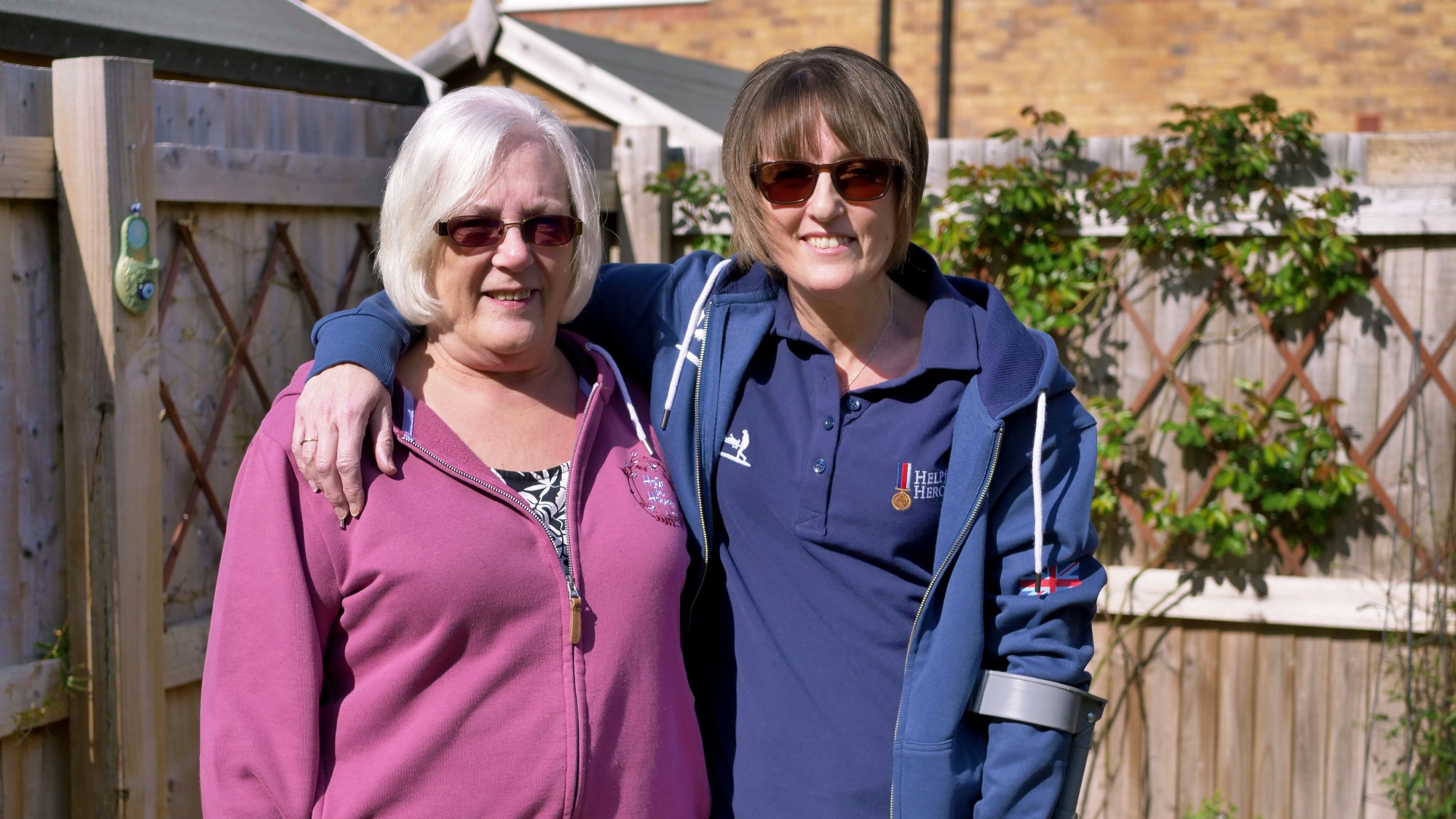
“Clare’s become the person we all used to know again,” she says. “Help for Heroes’ Hidden Wounds Team have helped her to develop coping mechanisms to manage her PTSD, and having professionals and fellow veterans to speak to also makes her feel less alone; as although she can talk to me, it’s not the same as speaking to someone who fully understands the reality of it all.”
Sandra says that the Sports Recovery Team at Help for Heroes has shown her daughter just how much she can achieve with the right support. “It’s given both her physical and mental wellbeing such a boost.”
She adds, “The past few decades have been tough, but they’ve made our family closer, and Clare’s strength continues to be an inspiration to us all.”
Help for Heroes: how you can help wounded veterans
Clare and her family are just one of many whose lives continue to be changed by Help for Heroes. To find out more, visit the Help for Heroes website and follow @HelpforHeroes on Twitter, Facebook and Instagram.
#Give Strength
Celebrity news, beauty, fashion advice, and fascinating features, delivered straight to your inbox!
Kate McCusker is a freelance writer at Marie Claire UK, having joined the team in 2019. She studied fashion journalism at Central Saint Martins, and her byline has also appeared in Dezeen, British Vogue, The Times and woman&home. In no particular order, her big loves are: design, good fiction, bad reality shows and the risible interiors of celebrity houses.
-
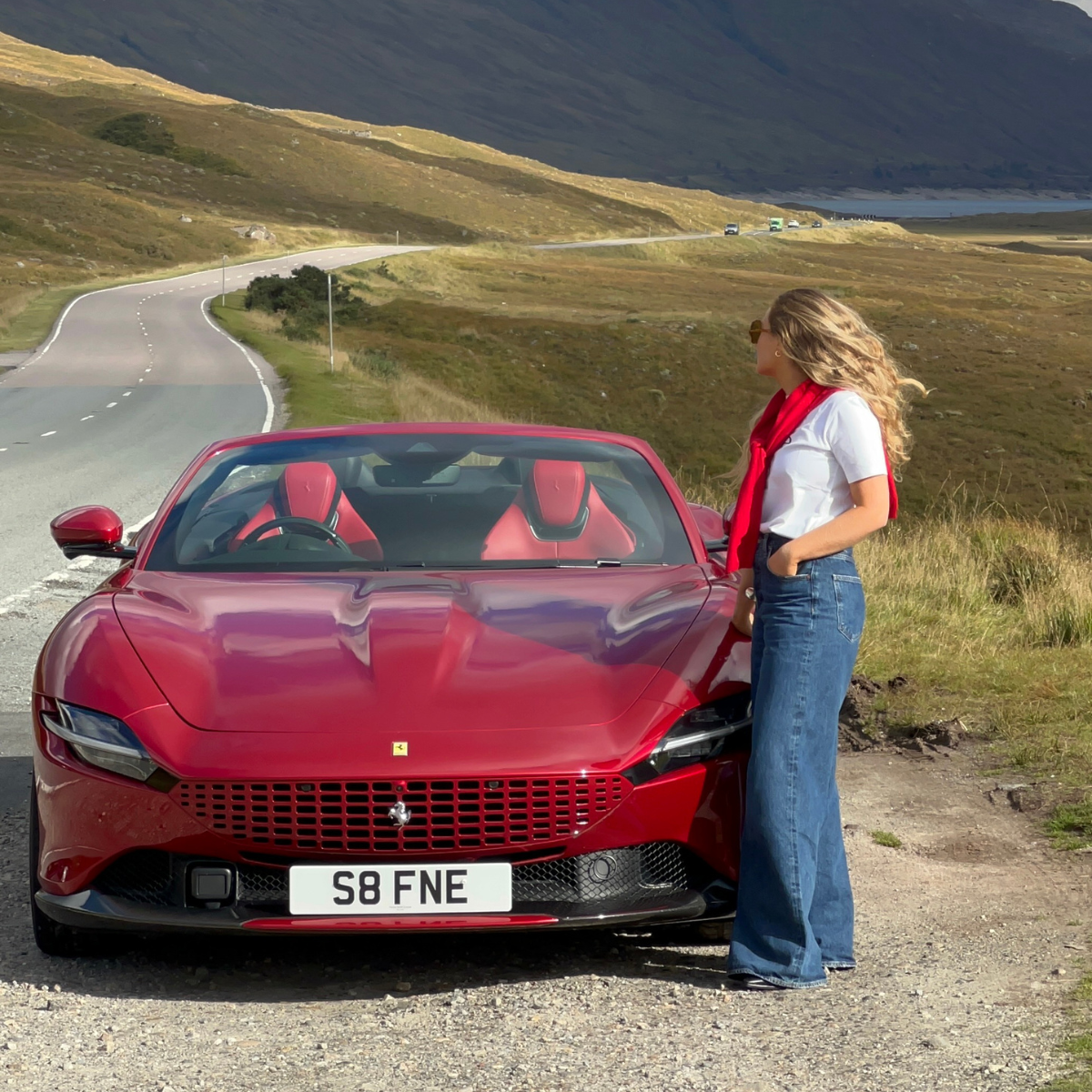 More Women Are Investing in Supercars, and Ferrari’s Purosangue Makes It All the More Practical
More Women Are Investing in Supercars, and Ferrari’s Purosangue Makes It All the More PracticalI spent two days behind the wheel of these serious supercars, and the value is much higher than a price tag
-
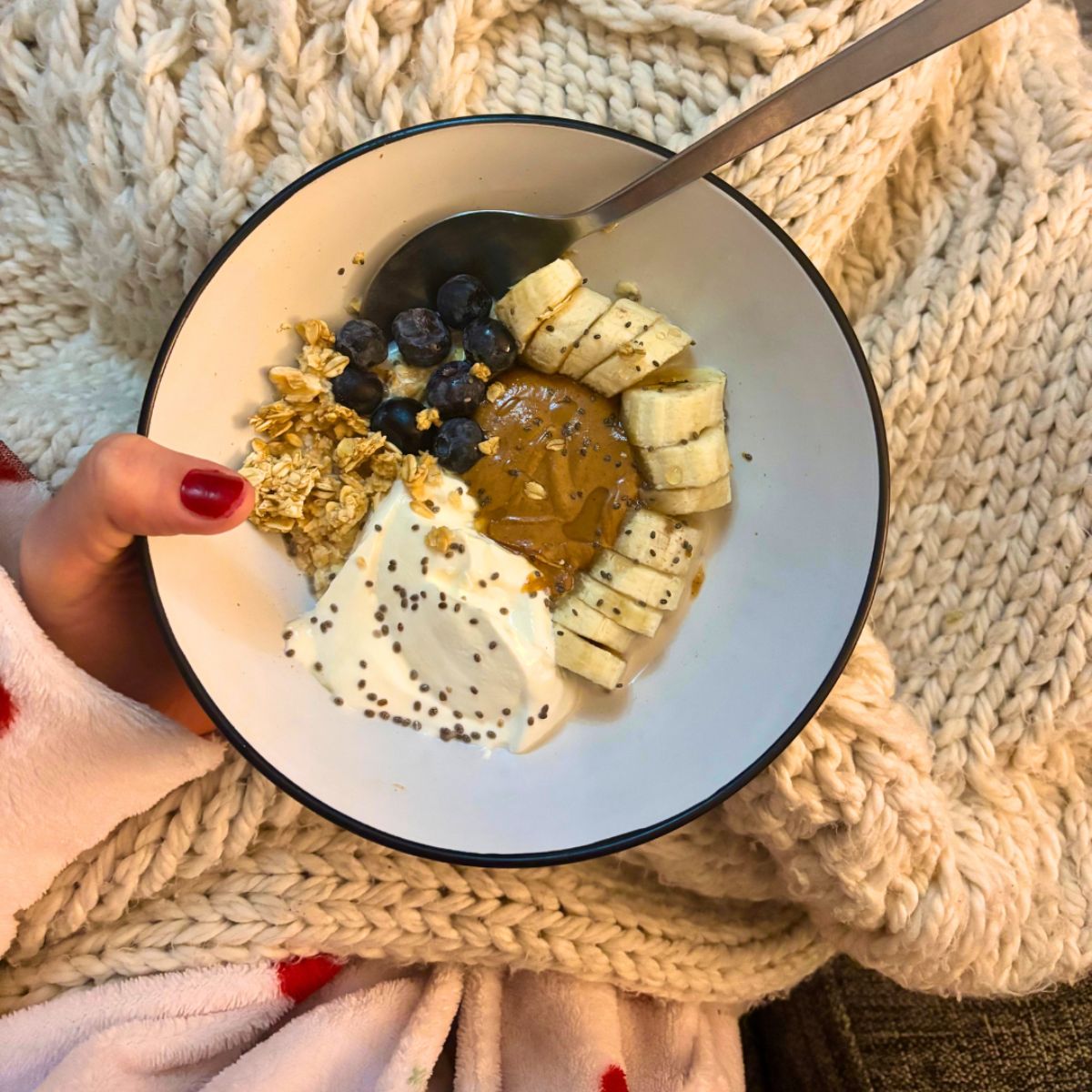 I've Been Trying Mel Robbins’ Viral Morning Nutrition Hack For A Week - And Honestly? I Only Wish I'd Tried It Sooner
I've Been Trying Mel Robbins’ Viral Morning Nutrition Hack For A Week - And Honestly? I Only Wish I'd Tried It SoonerSpoiler alert: it's worth the hype.
-
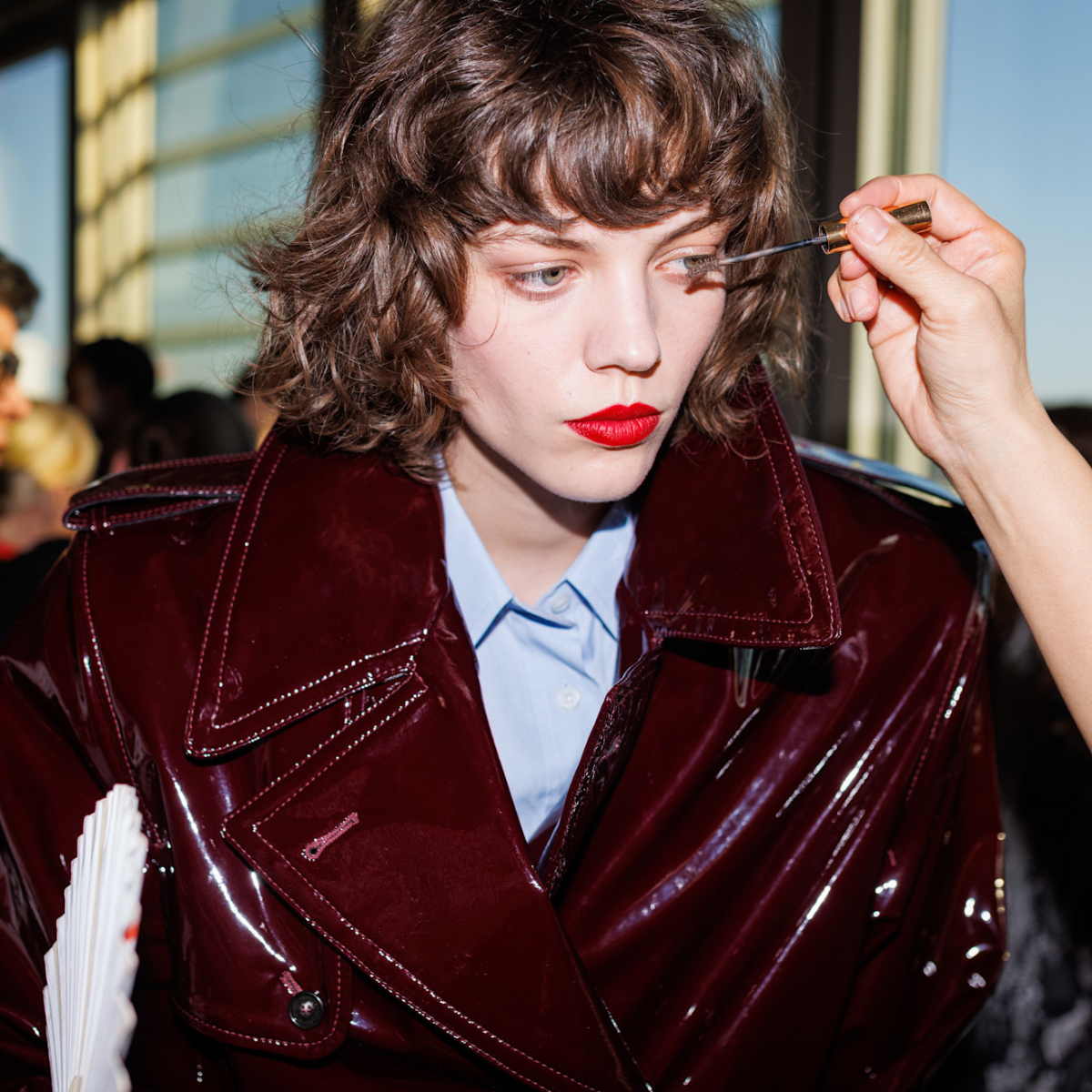 Makeup That Outsmarts Bad Lighting: The Pro Tricks for the Worst-Lit Season
Makeup That Outsmarts Bad Lighting: The Pro Tricks for the Worst-Lit SeasonBecause the best makeup doesn't rely on good lighting
